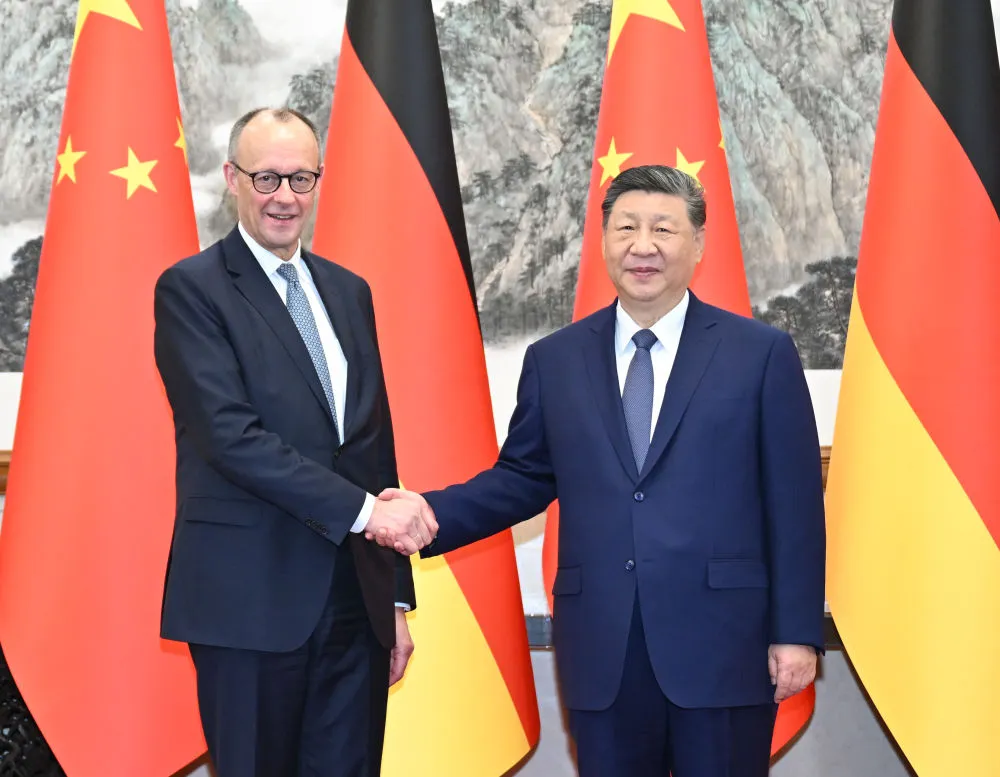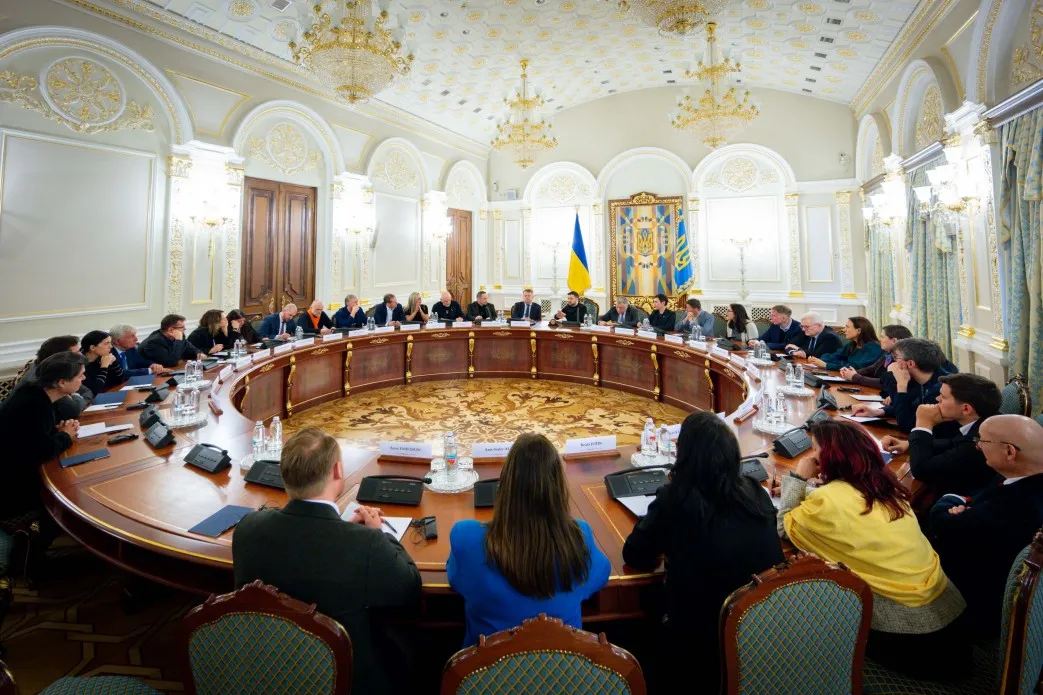Brazilian economist Paulo Nogueira Batista, Jr., Vice President of the BRICS New Development Bank (NDB) from its founding in 2015 until 2017, argues that the weaponization of currency and finance has made the precarious international financial “non-system,” based on one national fiat currency, the U.S. dollar, “alarmingly unsafe.” He proposes the BRICS Payments Task Force (set up last year under India’s chairmanship) and the BRICS Think Tank Network for Finance (just agreed on under China’s chairmanship) move on discussing arrangements for payment agreements in national currencies and the possible creation of a new international reserve currency.
Nogueira made this case publicly in a June 24 opinion column in CGTN, “BRICS Financial Cooperation—A Force for Fairness.” The decision to create the BRICS New Development Bank was made in 2014, he writes, because it had become clear that the “advanced” countries would not agree to any change in the international financial architecture, no matter what the BRICS caucus on the IMF Executive Board (Nogueira represented Brazil and 10 other countries on the board from 2007-2015) and in the G20 said. Now those nations’ conflicts with China and Russia make reforms of the multilateral financial system even less likely.
“This is most unfortunate, and it is to be hoped that sometime in the future, peaceful relations and a true multilateral spirit will prevail in the world,” but in the meantime, the BRICS should launch new initiatives, such as admitting more members to the NBD and using national currencies instead of the U.S. dollar in its operations. Thus, his proposal for expanding Russian discussions of what is being called the “R5 project"—each of the BRICS nations currencies, the real, ruble, rupee, renminbi and rand, begins with the letter “r"—into the “multilateralization of payment agreements in national currencies, building on existing bilateral agreements such as the ones between Russia and China and between Russia and India,” bypassing the dollar, the euro, and Western financial institutions. Likewise, the creation of a new international reserve currency, based on size and strength of the BRICS economies, is “of interest to all those that wish to have international arrangements that are not vulnerable to the whims and unilateral actions of a few major countries.”
Nogueira Batista’s two-year timeframe for working this all out, however, underestimates the actual rate of the ongoing breakdown of the entire system. (https://news.cgtn.com/news/2022-06-24/BRICS-financial-cooperation-a-force-for-fairness-1b4yK5tCwoM/index.html)



